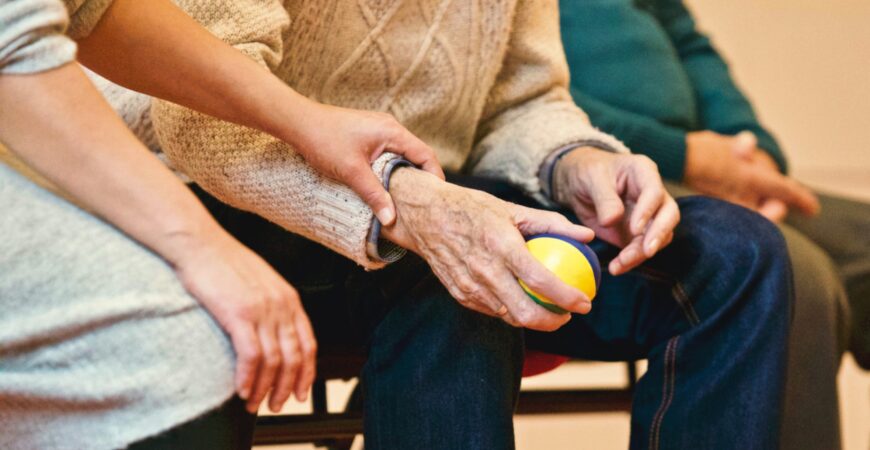Just vision waking up every day of the week to silence and seclusion. Or the feeling of exhaustion not having the strength to cook your own food, bathe, get dressed by yourself or just too fragile to get to the shops to grab your daily essentials. Also imagine living without talking to someone all week or even wondering when you’ll next see a pleasant face. It’s not something any of us wants to confront but sadly for a great amount of us it is simply the reality of daily life.
For example, depending on the circumstances, it’s usually the closest family member or the person themselves that has the power to make the choice of how they want to be cared for. Whether this could be residing in a care home, domiciliary care, assisted living or respite care etc, a choice will need to be made.
In the past, the post popular choice or assumption was for the elderly to eventually move into a care home. But it turns out that care homes are not the only option if you need elderly care. Needing care at an older age meant either getting cared for by your loved ones or going into a care home. A majority of elderly people do not want to go into a care home if they become incapable of caring for themselves. So, there must be an alternative than to force those who need care to move into a residential home that they do not want to live in.
Alternative types of care for the elderly
- Independent living communities
- Assisted living
- Nursing or care homes
- Live in-home care
- Temporary or day care
- Continuous or hybrid care
- Palliative care
- Respite care
Independent living communities–

Independent living is a housing arrangement designed for older adults, typically those aged 55 and over. The accommodation is friendlier, often being more efficient with no maintenance or gardening to worry about. Though residents live independently, most communities offer services and activities. Frequently there are recreational centres or club associations available to allow the opportunity to meet new peers and participate in community activities such as arts and crafts, holiday gatherings or movie nights. This is provided specially to tackle the one big problem with elderly, which is loneliness.
Assisted living-
Assisted living is for individuals who need help with everyday care, but not as much help as a nursing care home provides. Assisted living residents usually live in their own accommodation or rooms and have access to shared common areas. They also have access to many services including three meals a day, assistance with personal care, help with administering daily medication, housekeeping, laundry, 24-hour supervision, security, on-site staff, together with social and recreational activities.
Nursing / Care homes-
Residential care in the UK is varied to suit the needs of people. They can offer general elderly care and respite care as well as special care for people with particular needs such as:
- Dementia care
- In-home care
- Physical disability care
- Sensory impairment care
- Mental health condition care
This is where either a family or friend or a professional carer spends part or all of the day in the home of the elderly person to support them. It is found to be the most expensive care option.
Continuous or hybrid care-
This type of care plan suits the specific needs of the individual and their families. This involves using a range of different care options to best suit the needs. For example, it may involve using outpatient day medical care and independent living facilities as well as short periods in a full-time care home.
Palliative care-
Palliative care is professional care for those with serious long-term illnesses, untreatable or terminal conditions. It offers help with pain supervision and the various issues that affect people with the most serious conditions. An example of palliative care is a hospice. This is where people stay for the last stages of their lives and the hospice provides relief and assistance in their final days. The service provides a dedicated facility for this purpose.
Respite care-

Caring for an older family member at home can be physically and emotionally exhausting as well as challenging. Making time for yourself is necessary to help you to rejuvenate. Short-term respite care gives family carers the chance to take some time out. This involves staying at a residential care home for the needed amount of time, and this can be for a weekend or slightly longer.
Overall-
Not all elderly individuals want to be put in a care home. It’s imperative to listen to the person who will be receiving the care and their wishes, considering their feelings as well as yours.
There are many different options that you can consider to make everyone happy. Times have definitely changed allowing a way for more options for elderly care making sure they are not stuck in a place or situation they do not want to be in. Some of these different options not only allows the individual to be looked after, but also gives them a chance to meet new people and live the rest of their life in peace and comfort.

